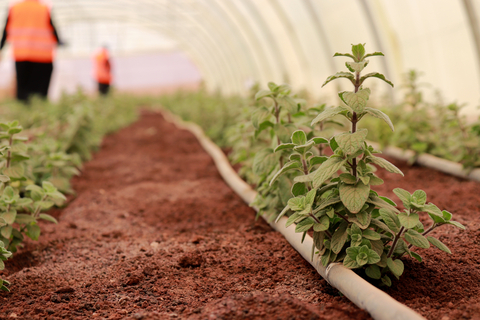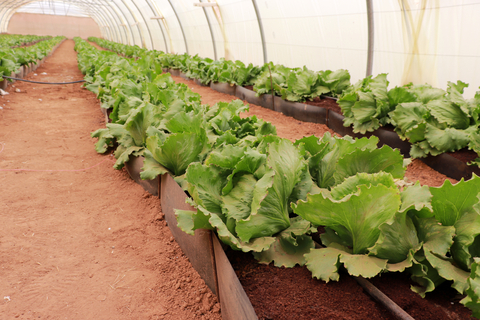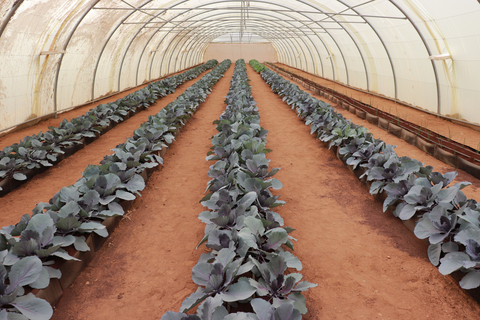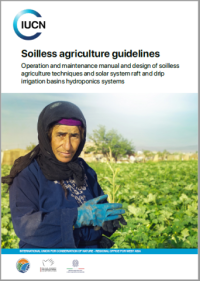Those stresses on water and agriculture are not equally distributed over regions of Jordan. For instance, Mafraq and Irbid governorates have the highest rates of inhabiting Syrian refugees. More specifically, people in rural areas highly rely on agriculture so they are more vulnerable to the impacts of receiving refugees and climate change implications. The overall objective of the project is to “contribute to the improvement of the living conditions of Jordanians and Syrian refugees in Irbid and Mafraq Governorates”.
The specific objective of the project is to “improve livelihoods and strengthen resilience to climate vulnerabilities and socio-economic challenges of Syrian refugees and host communities in the Municipality of Ramtha (Irbid) and Um Al Qaten (Mafraq)” The Municipalities of Ramtha (in Irbid) and Um AL Qaten (in Mafraq) have been taken into consideration due to high rates of Syrian refugees (30.6% in Ramtha and about 25% in Um AL Qaten).
Project implemented by: IUCN ROWA.
Project executed by: IUCN ROWA.
Project funded by: Italian Ministry for Foreign Affairs and International Cooperation/General Directorate for Development Cooperation (MAECI-DGCS). And the Italian Agency for International Cooperation
MAIN ACHIEVEMENTS:
- Conducting four assessment studies (baseline assessment, market and value chain, socioeconomic study, and vulnerability to climate change study).
- Assessing and selecting most successful local community-based organisations (CBOs) to be partners of implementation.
- Implementing 8 input agriculture projects using climate smart agriculture techniques (hydroponic) and adopting nexus approach.
- Implementing 4 demonstration sites to educate, train and spread awareness about climate-smart agriculture techniques
- Conducting several trainings on soil-less agriculture and crop management including theoretical and practical (on-the-job training).
- Implementing 6 output food processing and two small-scale enterprises.
- Promoting the value chain concept for beneficiaries





